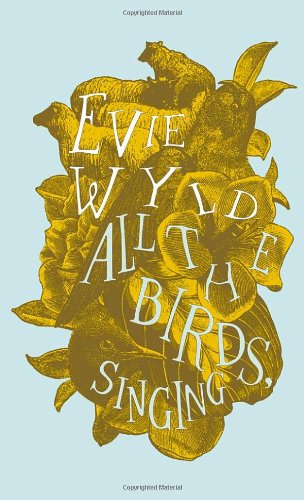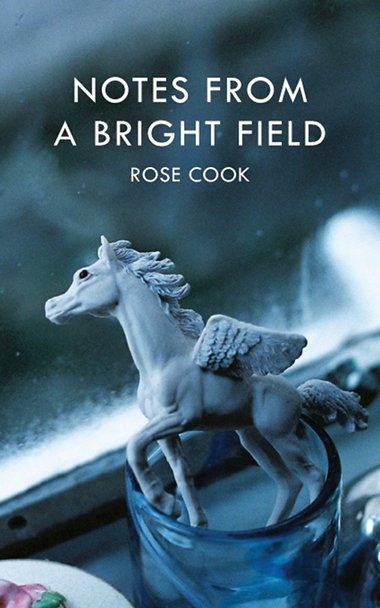 Opening with the discovery of a dead sheep, Evie Wyld’s second novel is a sensuous, brutal, disquieting book that will seep under your skin and haunt your dreams. Protagonist Jake Whyte is a strong, mostly self-sufficient sheep farmer making a life for herself on an unnamed British island where the weather is harsh, and the local people nonplussed by this new, unsociable Australian in their midst.
Opening with the discovery of a dead sheep, Evie Wyld’s second novel is a sensuous, brutal, disquieting book that will seep under your skin and haunt your dreams. Protagonist Jake Whyte is a strong, mostly self-sufficient sheep farmer making a life for herself on an unnamed British island where the weather is harsh, and the local people nonplussed by this new, unsociable Australian in their midst.
But now something is killing her sheep, and memories of the past are tugging at her.
In alternate chapters, the stories moves us forward and back, like an insistent tide. The flashbacks move through her past towards childhood, written in a present-tense form that gives them an immediate sense of urgency as we search through her experiences for the ingredients that have made her the frightened, solitary creature she is today, and, most specifically, what caused those terrible scars on her back. Continue reading

